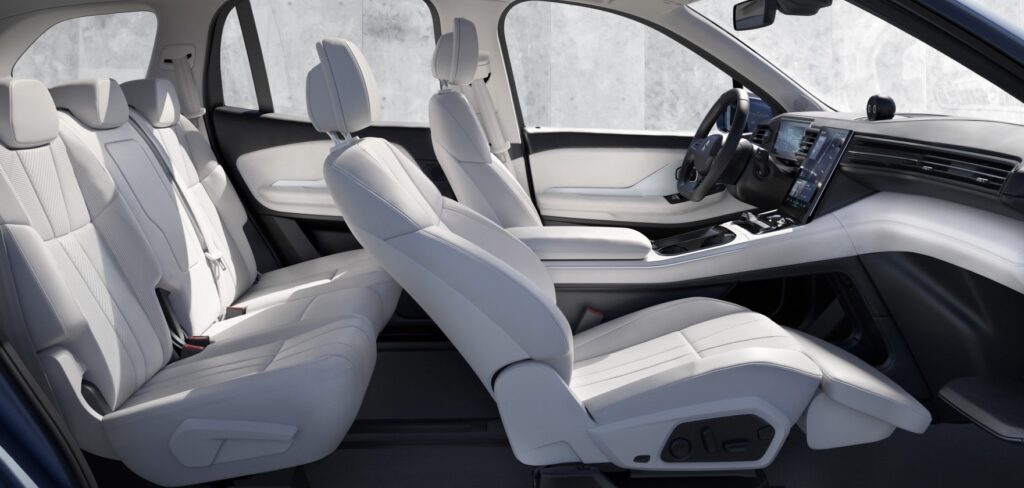Adient, a global supplier of seating systems for the automotive industry, and Covestro, a polymer specialist, have joined forces in an effort to improve the sustainability of the former’s seat products.
From November, Adient will be integrating Cardyon, a polyol made using Covestro’s CO₂ technology, as a sustainable feedstock for the production of hot cure molded polyurethane foam. Adient uses these foams as cushioning in its automotive seating systems.
This supply chain-related sustainability move helps to further reduce Adient’s Scope 3 emissions as calculated by the Greenhouse Gas Protocol. Based on the principle of the circular economy, the Covestro’s CO₂ technology reuses carbon dioxide as a material source by integrating up to 20% of CO₂ into polyol production. The smart contribution helps to preserve fossil resources and close the carbon loop.
David Nash, VP components EMEA at Adient, remarked, “Adient is pursuing multiple ways to reduce its CO₂ footprint, further raising sustainability, and this is especially true for the production of polyurethane foam. By choosing Cardyon by our partner Covestro, we have made another valuable step toward more sustainable production of our high-class seating systems. In addition to the high quality of our products, this means further differentiation and added value for our customers.”
By integrating enhanced polyol solutions into the production of polyurethane foam, Adient says it is supporting the reuse of CO₂ from chemical processes as an alternative raw material. This in turn helps the company move away from reliance on fossil resources to recycled ones.
The newly-developed foams fulfill all stringent OEM specifications, having the same properties as those produced from fossil-based polyols. Additionally, the new solution can be easily applied within existing production processes, with only a minor modification of equipment.



